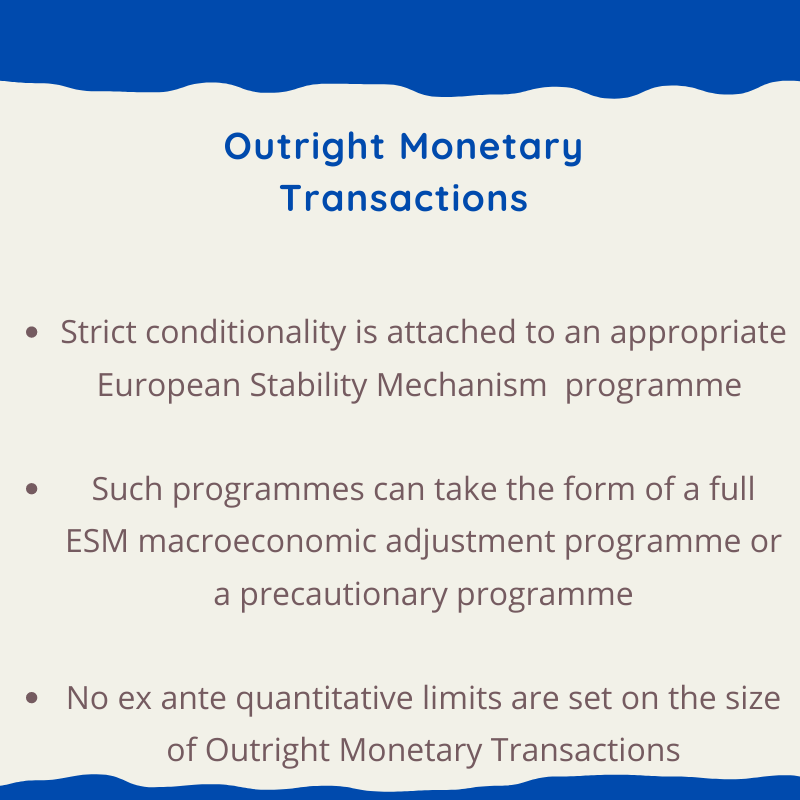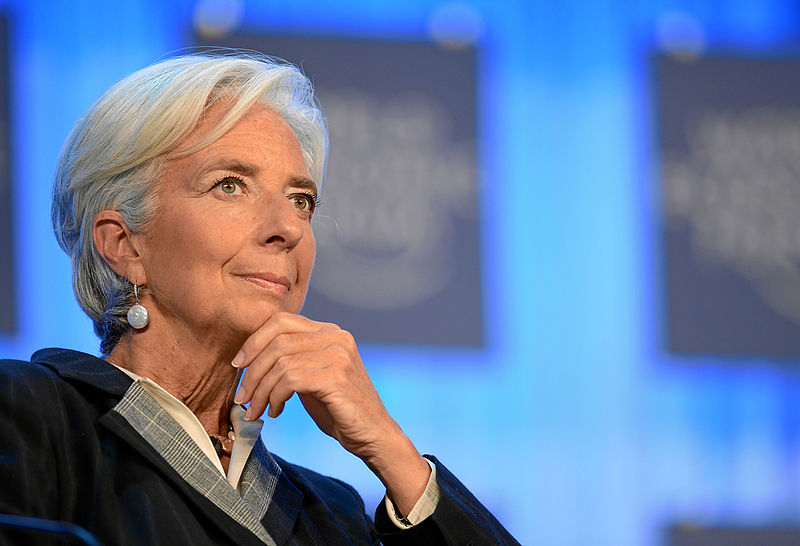The Italian government’s effort to contain the coronavirus will have significant economic consequences. Italy should be allowed to ask for emergency help with one single conditionality: Spend what you must on crisis containment and commit to wind down everything once the crisis is over. In the meanwhile, the ECB can buy Italian government bonds at a given rate and save the single currency.
The Italian government is behaving extremely responsibly—more so than many. It is putting health considerations and the control of the epidemic ahead of short term economic considerations—exactly as it should.
This commitment will have large economic and fiscal costs. But, at the interest rate that prevailed until yesterday (less than 1 percent), however, even a large increase in the debt ratio, even of the order of 10 percent to 20 percent, does not put debt sustainability into question.
As we know, however, there is another equilibrium, one in which investors’ fears are largely self-fulfilling. By asking for higher rates, they increase the interest burden, make life difficult for the government, and may lead to the very crisis they fear.
Such an increase in rates is totally avoidable. It takes some institutions to take the opposite side, buy as much as needed, and maintain the low rates. In the eurozone, this has to be the European Central Bank.
The ECB can intervene in the context of an Outright Monetary Transactions (OMT) program. This, however, requires the agreement both of Italy and of all euro members.

Italy may be reluctant to accept the conditionality that comes with a program. But in this case, conditionality should be very limited, and easy to define: Spend what you must on crisis containment and commit to wind down everything once the crisis is over. Full stop. No stigma.
Other countries might balk. They should not. There is no moral hazard here, no need for punishment for past sins. Just help for a member country that needs help, which can be provided at likely zero cost, and in the process saving the eurozone.
The OMT route however takes time. The ECB can instead act directly and stand ready to buy Italian government bonds at a given rate. This is what the Bank of Japan does, and it works (yields have not increased).
The constraints on the scope of intervention by the ECB are the capital key and a 33 percent limit on ECB holdings of debt of a particular country (which is not binding yet for Italy). Both are justified in normal times. Both can be suspended in exceptional times, and both should.
The last thing the world needs at this juncture is another euro crisis. The ECB should and can avoid it.
Olivier Blanchard is the C. Fred Bergsten Senior Fellow senior fellow at the Peterson Institute for International Economics. After obtaining his PhD in economics from the Massachusetts Institute of Technology (MIT) in 1977, he taught at Harvard University and returned to MIT in 1982. He was chair of the economics department from 1998 to 2003. In 2008, he took a leave of absence to be the economic counselor and director of the Research Department at the International Monetary Fund. He remains Robert M. Solow Professor of Economics emeritus at MIT.
Editor’s note: This article is an edited version of a Twitter thread by Olivier Blanchard.
The ProMarket blog is dedicated to discussing how competition tends to be subverted by special interests. The posts represent the opinions of their writers, not necessarily those of the University of Chicago, the Booth School of Business, or its faculty. For more information, please visit ProMarket Blog Policy.






